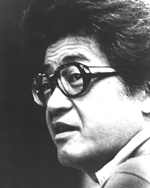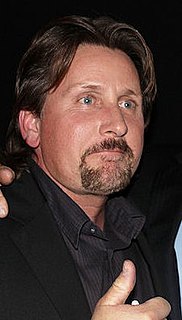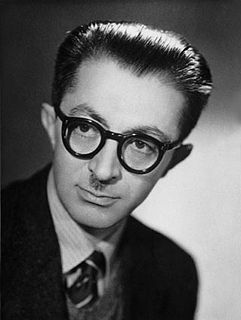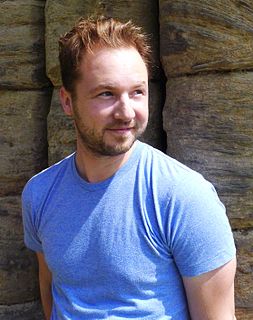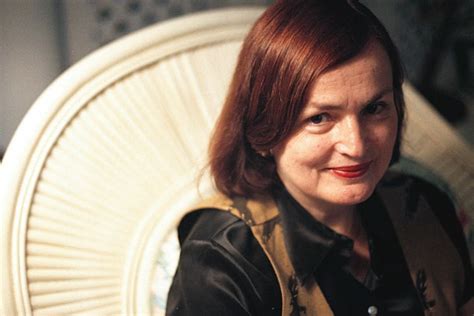A Quote by Robert A. Heinlein
Death isn't funny." "Then why are there so many jokes about death? Jill, with us — us humans — death is so sad that we must laugh at it.
Related Quotes
To begin depriving death of its greatest advantage over us, let us adopt a way clean contrary to that common one; let us deprive death of its strangeness, let us frequent it, let us get used to it; let us have nothing more often in mind than death... We do not know where death awaits us: so let us wait for it everywhere." "To practice death is to practice freedom. A man who has learned how to die has unlearned how to be a slave.
Someone's killed 100,000 people. We're almost going, "Well done! You killed 100,000 people? You must get up very early in the morning! I can't even get down the gym. Your diary must look odd: 'Get up in the morning, death, death, death, death, death, death, death - lunch - death, death, death - afternoon tea - death, death, death - quick shower ...' "
The first thing I would like to tell you about death is that there is no bigger lie than death. And yet, death appears to be true. It not only appears to be true but also seems like the cardinal truth of life - it appears as if the whole of life is surrounded by death. Whether we forget about it, or become oblivious to it, everywhere death remains close to us. Death is even closer to us than our own shadow.
Suicide is an escape from life. What is life? An escape from death. This means that each of us must die twice. There is the death waiting for us ahead, and the death that comes pursuing from behind.... Once you are free at least from the death that comes pursuing you, you can relax and enjoy life as you go along.
So thirsty," Jack groaned. "So worried,"said the frog. I hope we don't starve to death." "Yes,"said Jill, "not starving to death would be nice." "So would not thirsting to death," said Jack "Thirsting isn't even a word," said Jill "It isn't?" "No." "Then what's the word?" "I dont know. You just can't." "Oh." This is, of course, the kind of inane conversation that occurs when people are slowly losing their minds.
Death is the twin of love and mother of us all, she struggles equally for men and women and never accepts differences of caste or class. It's death that quickens us and brings us forth on sheets of love, clasped between sleep and wakefulness and barely breathing for a spell, and thus my death shall be like everybody else's death, as majestic and as pathetic as a king or a beggar's, neither more nor less.
[There are, in us] possibilities that take our breath away, and show a world wider than either physics or philistine ethics can imagine. Here is a world in which all is well, in spite of certain forms of death, death of hope, death of strength, death of responsibility, of fear and wrong, death of everything that paganism, naturalism and legalism pin their trust on.
So the main question is not, Which humans brought about the death of Jesus but, What did the death of Jesus bring about for humans - including Jews and Muslims and Buddhists and Hindus and nonreligious secularists - and all people everywhere?When it is all said and done, the most crucial question is: Why? Why did Christ suffer and die? Not why in the sense of cause, but why in the sense of purpose?
Normally we do not like to think about death. We would rather think about life. Why reflect on death? When you start preparing for death you soon realize that you must look into your life now... and come to face the truth of your self. Death is like a mirror in which the true meaning of life is reflected.




